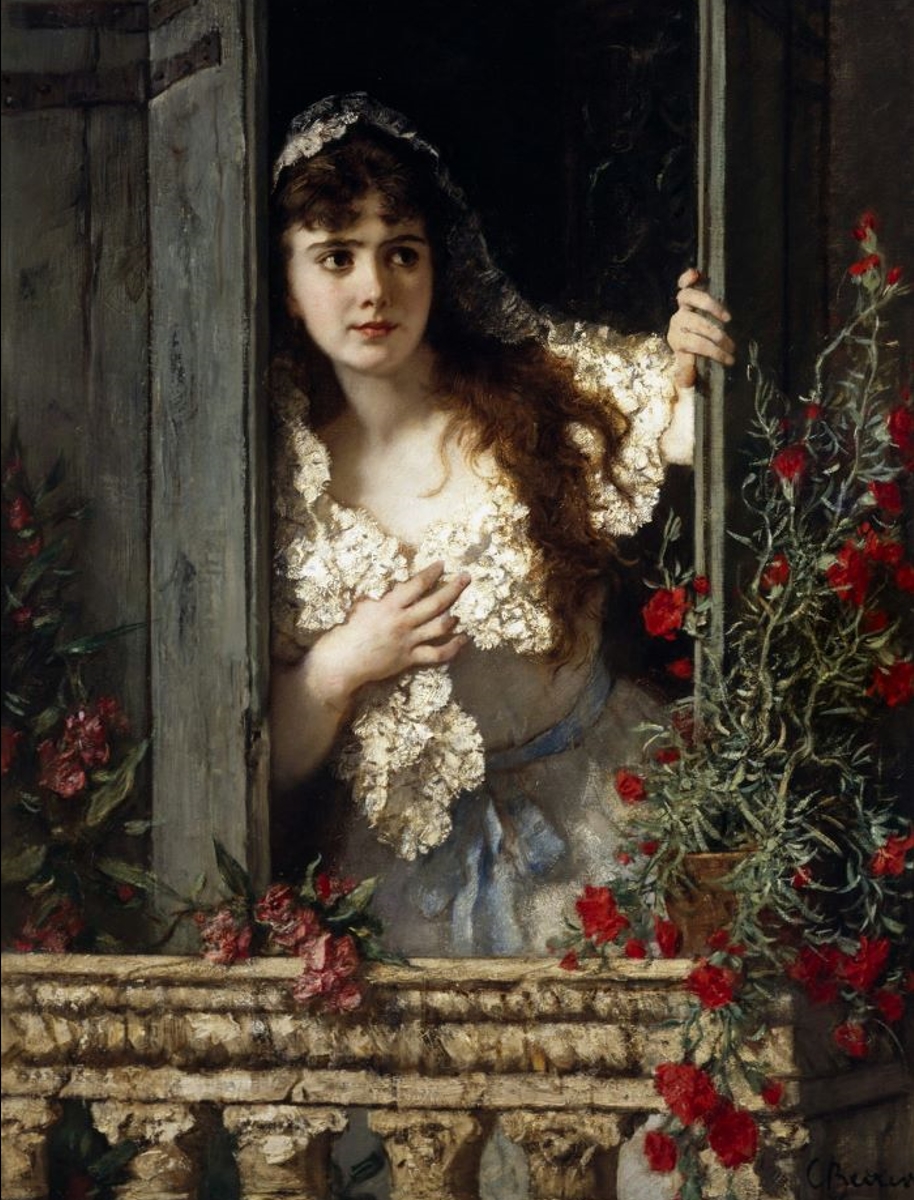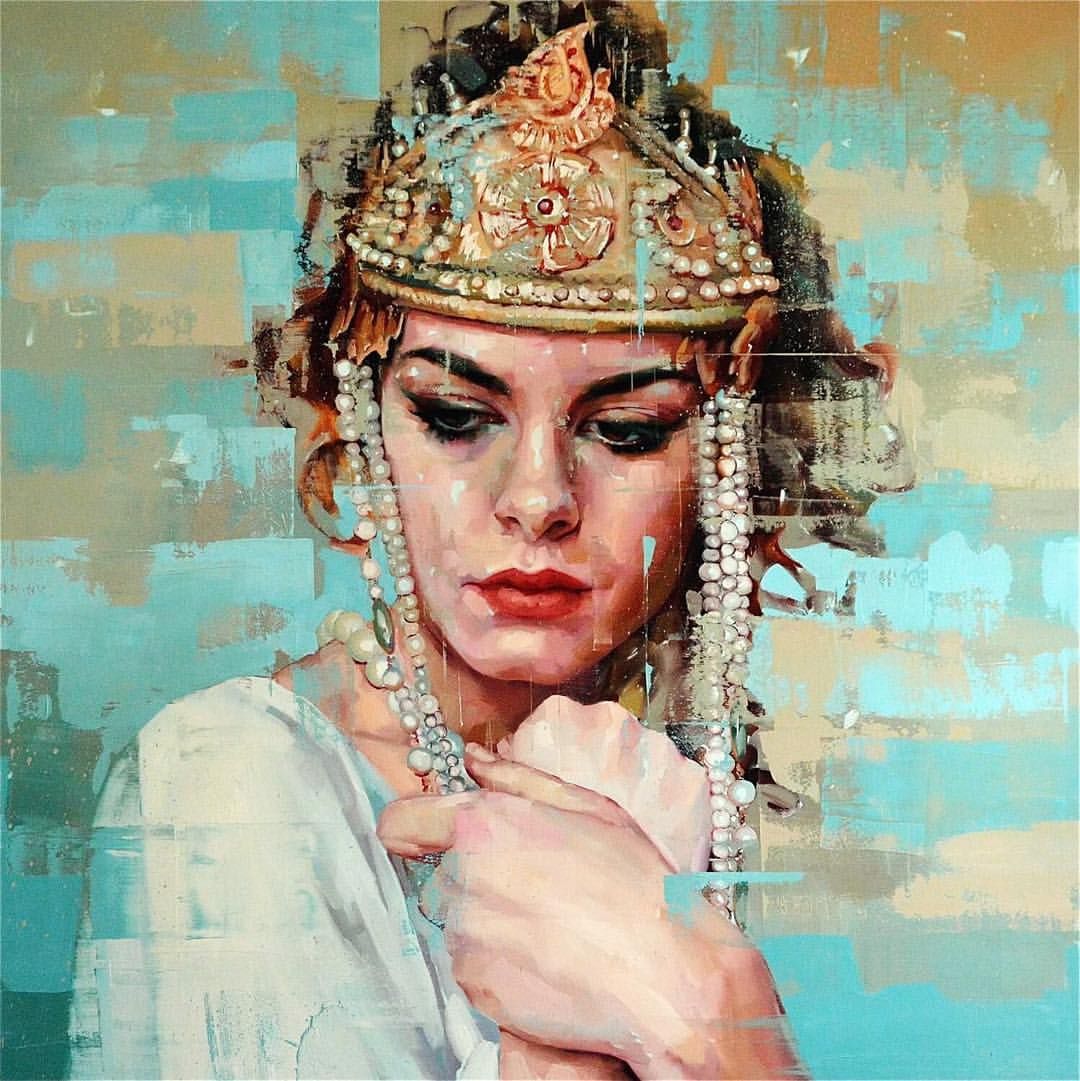Johann Matthias Ranftl (Vienna, 1804-1854) was a Viennese Biedermeier painter.
The artist's grandfather came to Vienna from Regensburg, where the painter Franz Anton Maulbertsch was his best man in 1766.
The parents, Johann Baptist Ranftl and Barbara Ranftl, née Kautz, ran an inn on the Favoritner Linien.
Johann Matthias Ranftl himself was born in the suburb of Wieden No. 125.








